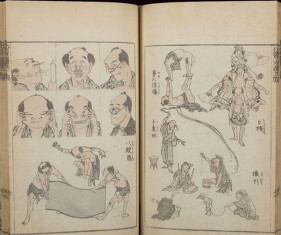[Guest post] Artificial Intelligence and (hopefully) the death of copyright
The IPKat
SEPTEMBER 24, 2023
The IPKat has received and is pleased to host the following guest contribution by Katfriend Jakub Wyczik (University of Silesia in Katowice) on Artificial Intelligence (AI) and the application of copyright subsistence criteria. Human author It is well known that copyright protects products of the human mind (see Feist v.











Let's personalize your content